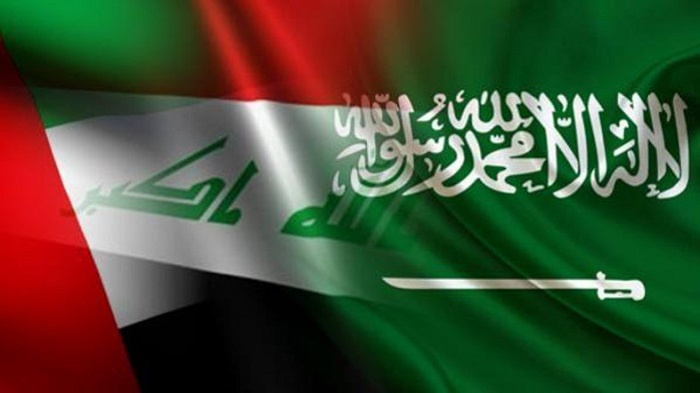Saudis fail to make headway in Iraq

By: Ramin Hossein Abadian
Iraq’s geopolitics in the region has made the country of high importance and states like Saudi Arabia have always been keeping an eye on parliamentary elections in Baghdad.
Long before Iraq’s parliamentary election, Saudi Arabia plotted to influence the Iraqi results, as they found their own interests at stake in Baghdad. For one thing, the House of Saud invited Muqtada al-Sadr, the leader of the Sadrist Movement, and Seyyed Ammar Hakim, the leader of National Wisdom Movement (Al-Hikma), to meet with Saudi officials.
However, neither one of the Shia clerics joined the Saudis. The chairman of the Shiite National Alliance also agreed to visit Saudi Arabia only when the Saudi authorities stop the support for terrorism in Syria, the killing of Yemenis, and their interference in Iraq’s internal affairs.
Saudis also made lame attempts to turn the public against Iraqi Shia diplomats and tarnish their reputation to keep Iraqis away from the ballot boxes in the 2018 parliamentary election, a project that was doomed to fail.
The House of Saud also tried to set up camps among Kurds and Sunnis, but all to no avail. Nahla al-Hababi and Mohammed al-Sayhud, were two Iraqi MPs in the third parliament, who explicitly endorsed a series of Saudi-dominated efforts to influence the Iraqi Sunni clerics. Suffice it to say Saudis spend $30 million to penetrate among Sunnis to meet their goals, but failed to capture Iraqis’ hearts and mind, something that is not for sale.
In another flimsy attempt last year, Riyadh tried to throw in some cash in the name of financial aid at some Sunni political groups in a conference, the Iraqi Sunni forces summit, in Turkey. Al-Araby Al-Jadeed also pointed to Saudi Arabia's efforts in bringing its figures into Iraq's political structure. The funds were rejected.
Compared with other political factions, Shiite groups are more aware of Saudi Arabia’s money traps and refuse to accept Riyadh's bribes in their election. Saudis love to endorse Shia Iraqi groups in any event.
Saudis, too, failed to exert influence over Kurds, although they did their utmost to split Iraqi Kurds, particularly in Kurdistan, from Iraq’s central government.
In 2016, Saudis’ interference in Iraq’s affairs led Baghdad to abruptly expel a Saudi diplomat from Iraq. Yahya Sharahili, who was Chargé d'Affaires at Saudi embassy in Baghdad, is currently the deputy of Thamir al-Sabahan, the Saudi Persian Gulf Advisor. He returned to Baghdad on the verge of Iraq’s parliamentary elections to take on the role of interventionist leader.
During his presence in Iraq, he tried to influence relations with party leaders among Shiite and Sunni groups on the nature of their electoral coalitions, in line with the interests of Riyadh. He, too, endeavored to create gaps in Shiite alliances to preserve Riyadh’s benefit.
Saudi media tends to paint a picture of a negative relationship between Islamic Republic of Iran and al-Sadr and the Sairoon coalition, but the Sadrist Movement has continuously announced friendly ties with Iran. Jaafar al-Mousawi, a senior member of the Sairoon coalition, on behalf of al-Sadr, stressed the good ties between the collation and Iran and said, “Iran is a country that we respect.”
The truth is not only Iraq and Saudi Arabia share more than 800 kilometer borders and they have tribal relationships which require more than just “common interests” and “mutual respect”.
Iraqis officials such as Hakim and al-Sadr believe that Baghdad’s diplomatic relations with other countries should be within a diplomatic framework as they stress that Iraq won’t allow foreign interference on its soil.
Source: Tehran Times

